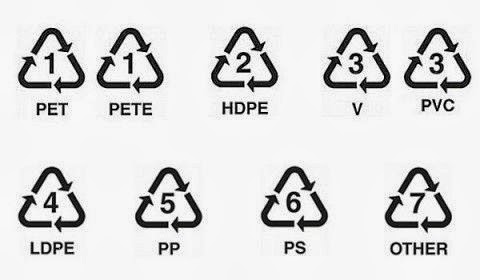Assorted links: Financial Markets, Digital Money, FinTech and Risk Management
Articles:
- Is Technology a New Asset Class? (CFA Institute).
- The Buffett Indicator Revisited: Market Cap-to-GDP and Valuations (CFA Institute).
- Joining the next generation of digital banks in Asia (McKinsey).
- Why succeeding in the post-COVID era means reassessing corporate risk (WEF).
Research:
- Ready, steady, go? - Results of the third BIS survey on central bank digital currency. Most central banks are exploring central bank digital currencies (CBDCs), and their work continues apace amid the Covid-19 pandemic. This BIS paper updates earlier surveys that asked central banks how their plans in this area are developing. The latest responses show that as a whole, central banks are progressing from conceptual research to practical experimentation. In addition, the paper highlights that while most have no plans to issue CBDCs in the foreseeable future, central banks collectively representing a fifth of the world's population are likely to launch retail CBDCs in the next three years. The Covid19 pandemic has added new motivations to this journey (BIS).
- Permissioned distributed ledgers and the governance of money. We explore the economics and optimal design of "permissioned" distributed ledger technology (DLT) in a credit economy. Designated validators verify transactions and update the ledger at a cost that is derived from a supermajority voting rule, thus giving rise to a public good provision game. Without giving proper incentives to validators, however, their records cannot be trusted because they cannot commit to verifying trades and they can accept bribes to incorrectly validate histories. Both frictions challenge the integrity of the ledger on which credit transactions rely. In this context, we examine the conditions under which the process of permissioned validation supports decentralized exchange as an equilibrium, and analyze the optimal design of the trade and validation mechanisms. We solve for the optimal fees, number of validators, supermajority threshold and transaction size. A stronger consensus mechanism requires higher rents be paid to validators. Our results suggest that a centralized ledger is likely to be superior, unless weaknesses in the rule of law and contract enforcement necessitate a decentralized ledger (BIS).
- Quantifying the impact of the COVID-19 pandemic on firms' default probability in Japan. COVID-19 has brought about severe adverse effects on the economy around the globe, and Japan is no exception. This column introduces a model that maps cash shortages to firm's default probability, employing the balance sheet data of about 730,000 SMEs. It uses the model to assesses how a decline in sales due to Covid-19 increases the default probability of firms and how much the government's financial support mitigates a rise in that probability (VoxEU).
- Scenario analysis, contingency planning, and central bank communications. COVID-19 has led to an unprecedented level of economic uncertainty, which remains elevated even to this day. Given the substantial dispersion in forecasts, this column underscores the rationale for central banks to incorporate scenario analysis into their policy deliberations and communications. To show the practicality of this approach, it describes three illustrative scenarios formulated last spring to span the range of plausible outcomes for the US economy at that time (VoxEU).
- Moral hazard, the fear of the markets, and how central banks responded to Covid-19. While the direct economic consequences of Covid-19 have been significant, the impact on the financial markets has been more nuanced. This column uses a unique data set on the financial markets’ fears and perceptions of long-run financial risk to identify how Covid-19, and particularly Fed policy responses to Covid-19, affected global market fears. While some Fed interventions had little or no impact on market fear, the most powerful were the US dollar swap lines, which strongly reduced the perceived likelihood of global market losses decades into the future. The results suggest that the Fed's relative global role has been strengthened, possibly at the cost of increased moral hazard (VoxEU).
You can follow me on Twitter: @jp_economics



Comentarios